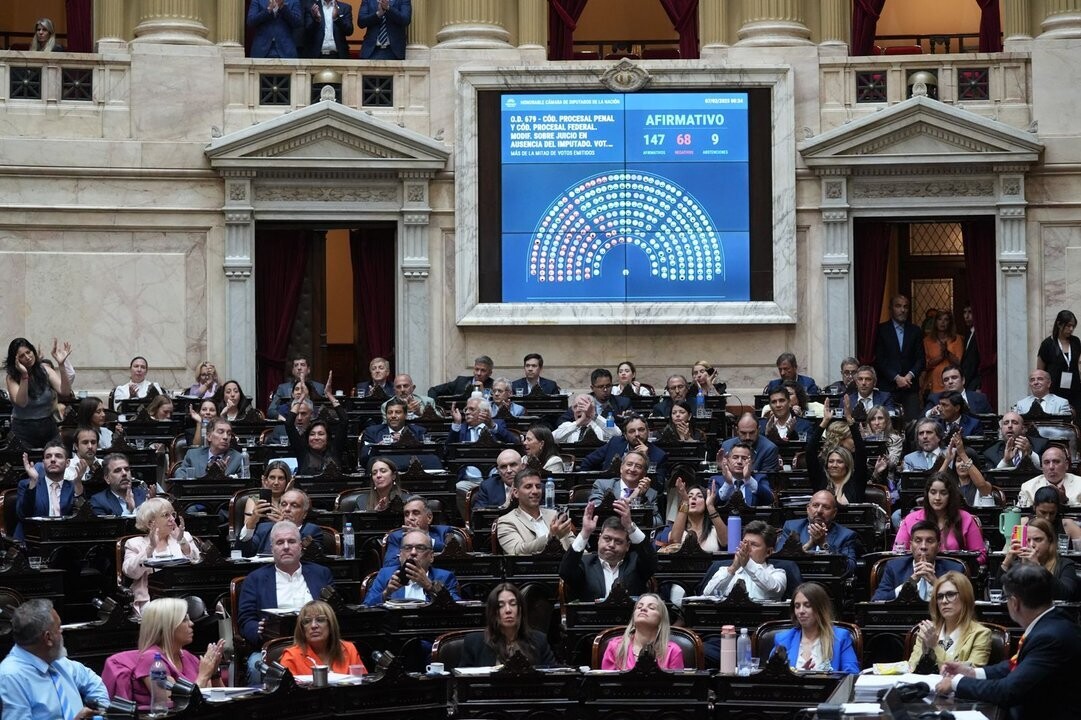
The Chamber of Deputies approved a bill that allows for trials in absentia for serious crimes against humanity for those defendants who have fled or are not in the country, as in the case of the Iranians accused of the AMIA attack. The reform of the Criminal Procedure Code was supported by 147 votes in favor, 68 against, and 9 abstentions.
Deputy Rodolfo Tailhade, from the Unión por la Patria (UP), defended the Argentina-Iran pact and criticized Prosecutor Alberto Nisman for his investigation into the AMIA case. He argued that trials in absentia only cover specific crimes and that the project would not serve to achieve justice for the attacks on the Israeli embassy and AMIA.
Tailhade's criticisms generated a clash with Germán Martínez and Fernando Iglesias, while Eduardo Valdés expressed the importance of bringing the truth to light through justice in respect to the victims and their families. The discussion about Iran's participation in the attacks was also present in the debate, with opposing viewpoints.
The official project was supported by various blocs and ultimately approved by the Chamber of Deputies. It aims to judge those accused of terrorism without their presence during the trial, in cases of crimes against humanity, genocide, terrorism, among others. The president of the Penal Legislation Commission emphasized the importance of the law as a tool to end impunity in these cases.














